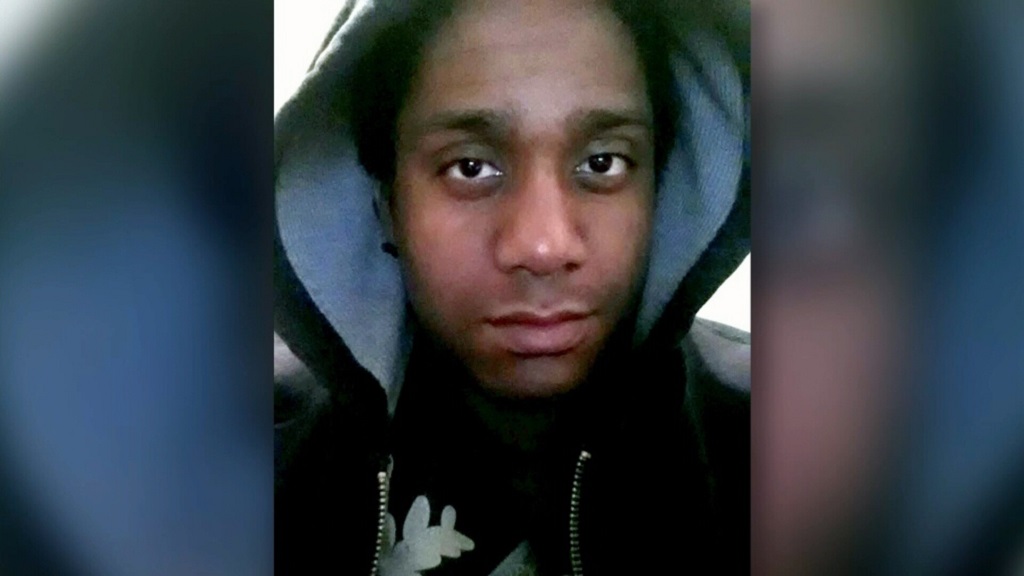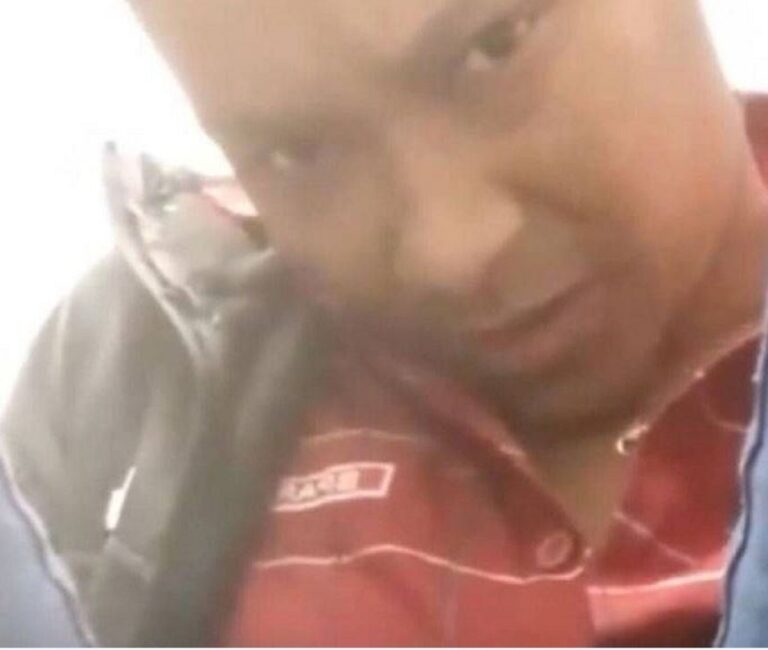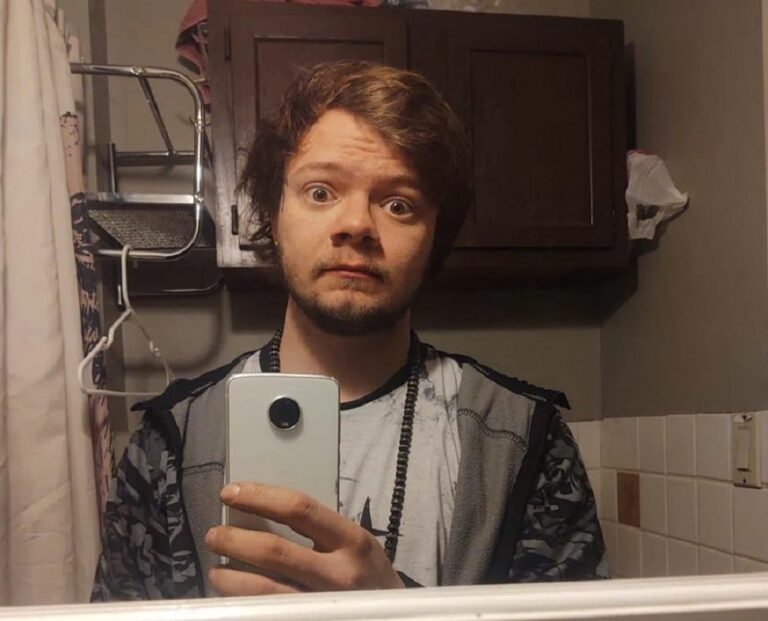Mark Duckett Hamilton Shooting Murder, Pleaded Not Guilty

The Mark Duckett Hamilton shooting and murder is a tragic reminder of the complex relationship between mental illness, crime, and the criminal justice system.
Mark Duckett, a name that became synonymous with a tragic and controversial incident, was a man in his mid-20s living in a quiet neighborhood in Hamilton, Ontario.
In 2019, this neighborhood was rocked by a horrifying shooting that claimed the life of Nikko Sienna, a 28-year-old young man.
This incident, marked by its brutality, sparked a legal battle that would ultimately revolve around the question of criminal responsibility due to mental illness.
The case of Duckett not only drew attention from the local community but also ignited a larger debate on the justice system’s handling of individuals with severe mental health issues.
Also read: Andy Probst Hit And Run Death Cause, Is Killer Arrested?
Mark Duckett Hamilton Shooting
The tragic events unfolded in a suburban neighborhood in Hamilton, Ontario, where Mark Duckett was a neighbor to Nikko Sienna.
On that fateful day in July 2019, Duckett forcibly entered the Sienna family home next door.
His actions would forever change the lives of both families and the community as a whole.
Duckett, armed with a handgun, unleashed a barrage of gunshots upon Nikko Sienna, ultimately firing twelve rounds.

The brutality of the act was underscored by the chilling detail that Duckett even took the time to reload his firearm during the assault.
Prior to this incident, the police had received calls regarding Duckett’s concerning behavior. Neighbors, including the Sienna family, had raised alarm bells about his actions.
Law enforcement had previously visited the scene, providing him with a warning about his behavior.
This prior contact with the authorities would become a point of contention in the subsequent legal proceedings.
Mark Duckett Murder Case Details
As the case was brought before the courts, the defense and the prosecution agreed on a critical aspect of the case.
It was established that Mark Duckett was suffering from schizophrenia, a severe mental illness characterized by hallucinations and delusions.
Notably, Duckett believed that the Sienna family was conspiring against him, despite no evidence to support this delusion.
At the heart of the legal debate was the question of whether Duckett, in the throes of his mental illness, could be held criminally responsible for his actions.

A psychiatrist was called to the stand to provide expert testimony, shedding light on Duckett’s mental state.
The psychiatrist’s evaluation revealed that, at the time of the shooting, Duckett was incapable of distinguishing right from wrong due to his mental illness.
This testimony became a pivotal factor in the legal proceedings, as it raised the possibility that Mark Duckett might be found not criminally responsible for the murder.
Mark Duckett Pleaded Not Guilty
In a tragic and emotionally charged case, Mark Duckett, charged with first-degree murder, pleaded not guilty based on his claim of not being criminally responsible due to his schizophrenia.
This legal strategy hinged on the argument that, at the time of the shooting, Duckett’s severe mental illness had rendered him incapable of comprehending the consequences of his actions.
It also left him unable to distinguish right from wrong.
This plea invoked the concept of “not criminally responsible” (NCR), acknowledging that while a defendant may have committed a crime, mental illness should absolve them of criminal responsibility.
The Sienna family, who were victims in this case, vehemently disagreed with the court’s decision to find Duckett not criminally responsible.

They believed that Duckett understood the gravity of his actions, as demonstrated by his deliberate and calculated attack, which took place while they were asleep.
This case had a profound emotional impact on the Sienna family, and their frustration and anger highlighted concerns within the community about their safety.
Duckett’s case underscores the intricate nature of addressing mental illness in criminal cases, raising questions about the justice system’s approach to individuals with severe mental health issues.
The case challenges conventional criminal responsibility theories, emphasizing the profound impact of such cases on the lives of those involved and the community as a whole.
Also Read: Aliza Sehar Shower Leaked Video Footage On Telegram Scandal






